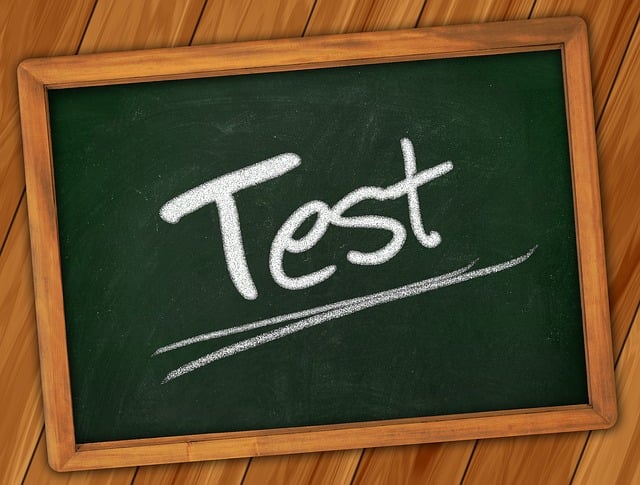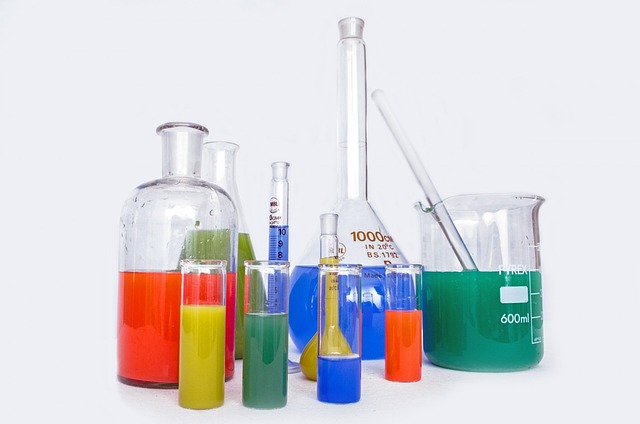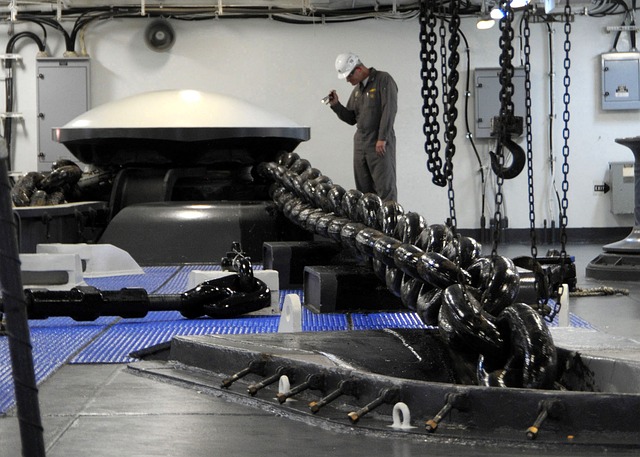This text compares mold testing and inspections, emphasizing their distinct approaches. Mold testing involves taking samples for lab analysis, while professional inspections include visual exams, moisture readings, and thermal imaging. It highlights the importance of understanding your needs: homeowners may opt for basic air quality mold tests, but thorough inspections are crucial before property closure to prevent health risks and costly repairs. The text promotes professional mold inspections as the superior method, using advanced equipment to detect hidden mold sources. While home mold testing kits offer DIY alternatives, they may be inaccurate, missing hidden growth. It strongly recommends professional inspections for peace of mind and informed decision-making during real estate transactions, especially in damp or older homes.
Before closing on your dream home, ensure peace of mind with a comprehensive understanding of its air quality and potential mold issues. This guide delves into the critical distinction between mold testing vs. inspection, highlighting why an air quality mold test is essential before finalizing the purchase. Discover the benefits of hiring a professional mold inspector and explore the pros, cons, and effectiveness of home mold testing kits. Learn the best practices for detecting mold in your future home to make informed decisions.
- Understanding Mold Testing vs. Inspection: What's the Difference?
- The Importance of Air Quality Mold Testing Before Closing
- Benefits of Hiring a Professional Mold Inspector
- Home Mold Testing Kits: Pros and Cons
- Best Practices for Detecting Mold in Your Future Home
Understanding Mold Testing vs. Inspection: What's the Difference?

Many people often confuse mold testing and inspections, but there’s a distinct difference between the two. Mold testing typically involves taking samples from suspected areas to determine the types of molds present in your home. This is usually done using swabs or tape samples, which are then sent to a lab for analysis. The results provide specific information about the types, amounts, and locations of mold in your property. On the other hand, a professional mold inspection is a more comprehensive process. Inspectors thoroughly examine visible signs of water damage, moisture problems, and potential mold growth throughout the entire property. They also use advanced equipment like moisture meters and thermal imaging cameras to identify hidden mold sources that testing kits might miss.
When considering whether to test for mold or undergo an inspection, it’s essential to understand your goals. Homeowners often opt for air quality mold tests to get a basic idea of their home’s mold levels. These tests are quick, affordable, and can detect the presence of molds in general. Conversely, professional mold inspections are ideal for thorough assessments, especially before closing on a property. They provide peace of mind, help identify hidden issues, and ensure that any existing mold problems are addressed appropriately to prevent future health risks and costly repairs.
The Importance of Air Quality Mold Testing Before Closing

Before closing on a property, ensuring air quality and identifying potential mold issues is a wise step that can save you from future health risks and costly repairs. While home buyers often opt for visual inspections, a professional air quality mold test offers a more comprehensive assessment. Unlike DIY home testing kits which may provide basic results, these tests use advanced methods to detect even microscopic mold spores, ensuring accurate findings.
A professional mold inspection is crucial as it not only identifies the presence of mold but also pinpoints its source and extent. This information is invaluable when negotiating repairs or understanding potential ongoing costs. Moreover, many real estate transactions require such testing to protect buyers’ investments and ensure a safe living environment from day one.
Benefits of Hiring a Professional Mold Inspector

Hiring a professional mold inspector offers several advantages over conducting mold testing or using home testing kits yourself. These experts have the specialized knowledge and equipment to thoroughly assess your property for mold growth, which can be hidden behind walls, under flooring, or in hard-to-reach areas. They perform detailed visual inspections, use advanced moisture meters, and take air quality mold tests to identify potential sources of mold and determine its extent.
Professional inspectors provide peace of mind by offering unbiased, comprehensive reports that detail their findings, including any areas of concern and recommendations for remediation. Their expertise ensures that you accurately understand the scope of the issue and make informed decisions during the closing process. Moreover, many states require a professional inspection before closing on a property with suspected mold issues, making it a legal necessity in some cases.
Home Mold Testing Kits: Pros and Cons

Home Mold Testing Kits: Pros and Cons
While professional mold inspections are the gold standard when it comes to assessing a property’s mold levels, home mold testing kits offer an accessible DIY alternative. These at-home tests can detect mold spores in air samples or surfaces, providing quick results that can help determine if further investigation is needed. However, their limitations include potential inaccuracies due to factors like sample collection technique and the types of molds tested. Additionally, these kits may not capture hidden mold growth behind walls or in other hard-to-reach areas.
Professional mold inspections, on the other hand, are more comprehensive. Trained experts use advanced equipment like moisture meters and air quality mold tests to identify sources of moisture and potential mold colonization. They also inspect visible signs of mold and assess the overall scope of the problem. While costing more than DIY kits, professional inspections offer peace of mind and can save you from potentially costly remediation down the line, especially in cases where extensive or hidden mold growth is involved.
Best Practices for Detecting Mold in Your Future Home

When considering a future home purchase, it’s crucial to understand the importance of professional mold inspection over reliance on DIY home mold testing kits. While these at-home kits can provide initial clues, they often miss hidden mold growth or contaminate other areas during testing. A thorough mold inspection by a certified expert offers a comprehensive assessment of your home’s air quality and structural integrity. These professionals use advanced equipment like moisture meters and air sampling tools to detect even microscopic mold spores, pinpointing their source and extent.
The best practice for ensuring a healthy living environment is to schedule a professional mold inspection before closing on any property, especially in damp or older homes. This proactive step not only helps identify existing mold but also guides potential buyers by providing data-driven insights into the home’s air quality. With these insights, informed decisions can be made regarding necessary remediation, ensuring a safe and healthy future living space. Additionally, knowing the extent of any mold issues early on can help negotiate terms or avoid costly surprises post-purchase.






